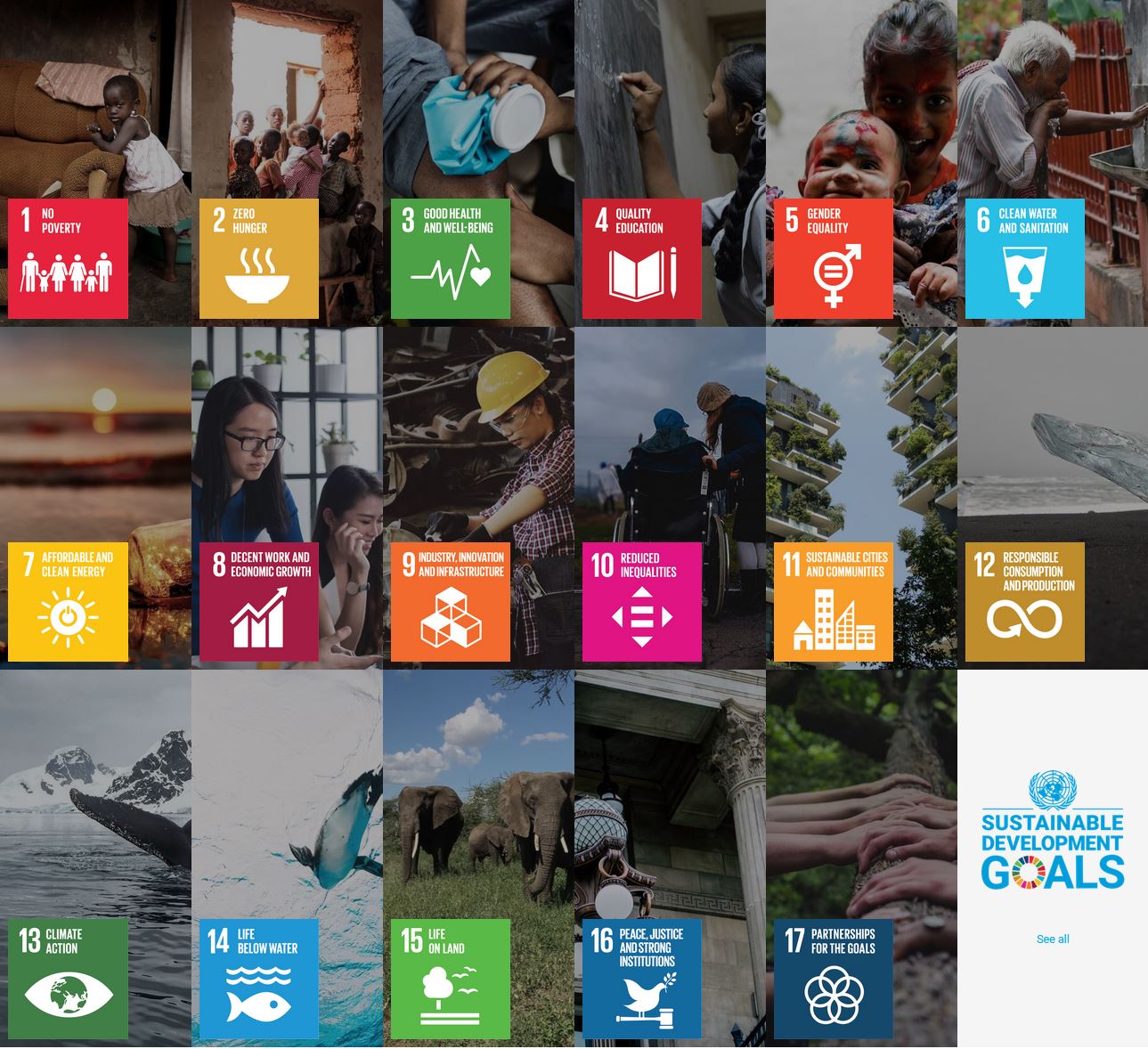The Interreg projects SPIES & Green Supply Chains were invited to presented their implementation actions and studies supporting the development of green inland waterway transport to UNECE.
The United Nations Economic Commission for Europe (UNECE) Working Party on the Standardization of Technical Safety Requirements in Inland Navigation (SC.3/WP.3) invited to a stakeholder workshop on “Digitalization and Greening of Inland Water Transport”.
Invited delegates, international organizations and key stakeholders presented and exchanged on latest achievements on digitalization and greening of inland water transport, strategies, programmes and projects in this field as well as progress made.
This unique possibility was taken together with the Blue Supply Chains Project from Interreg Baltic Sea Region Programme to present on-ging studies and latest results:
- Shore Power in European Shipping (SPIES): Standardisation and harmonisation of technical specifications for On-Shore Power Supply Solutions in Inland Waterway Transport, like I/O list, level of “intelligence”, protocols.
- Green Supply Chains (GSC): Megawatt Charging Systems (MCS) for inner harbour vessels | Roadmap towards an emission free port: “Smart Port Waalwijk” in the Netherlands.
- Blue Supply Chains (BSC): Roadmap and first implementation actions for the development of a “Zero Emission Waterway” between Klaipėda and Kaunas region in Lithuania.
It was great to exchange with and learn from other projects and initiatives such as:
- CRISTAL, funded by Horizino Europe
- Infrastucutre for the Decarbonisation of Inland Waterway Transport (PIANC InCom TG 234 report)
- PATH2ZERO, funded by Horizino Europe
- ReNEW, funded by Horizino Europe
Once became clear: Inland shipping can make a significant contribution to achieving the climate targets in the transport sector.
At the same time, there is a considerable investment backlog in some countries to maintain or modernise the infrastructure. This is essential for a reliable service, even in the case of (partially) autonomous shipping in the future. Also climate change will most likely have an increased impact on logistic chains, causing e.g. precipitations changes and longer periods of drought. At the same time, the demand for water is increasing and water becomes a distribution good (drinking water, agriculture, private consumption, etc.). Concepts for water retention, water supply & extraction are required and are a transnational issue, as most rivers are cross-border.
Advancing digitisation and shipbuilding that adapts to changing conditions can contribute to solutions and are important pieces of the puzzle. Same applies to water management solutions which should be considered too.
A future ready and functional inland waterway system is needed to avoid back shifts to long-distance road transport and to de-stress already much utilised road- and railway infrastructure with already stained capacities.

UN SDGs
